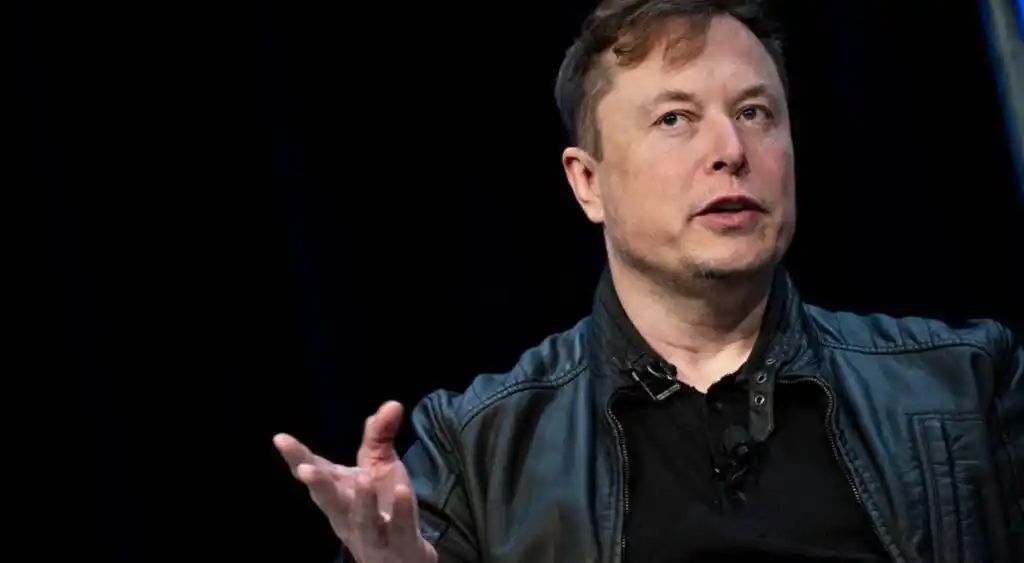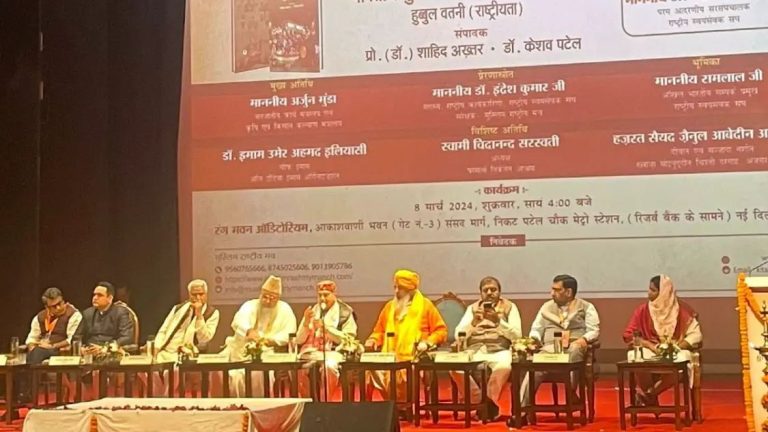Elon Musk Wants A Billion Americans As Tesla CEO Says Population Collapse Is ‘Bigger Risk To Civilization Than Global Warming’
What Happened: Musk highlighted what he thinks is an impending crisis of population collapse due to low birth rates.
Bojan Tunguz, a machine learning scientist at Nvidia Corp., said “There should be one billion Americans.” Musk agreed and said “Yes!” maintaining his previous stance on the “underpopulation” crisis.
Yes! https://t.co/Ga0iFnuf6Q
— Elon Musk (@elonmusk) March 26, 2024
Musk’s population collapse concerns are not new. He has been advocating for people to have more babies to fight against this crisis.
“Population collapse due to low birth rates is a much bigger risk to civilization than global warming. And I do think global warming is a major risk.”
(And I do think global warming is a major risk)
— Elon Musk (@elonmusk) August 26, 2022
Musk said he is doing his best to address this problem – he donated $10 million to the University of Texas at Austin (UT Austin) towards setting up the Population Wellbeing Initiative, which focuses on fertility and climate change, among other areas.
Subscribe to the Benzinga Tech Trends newsletter to get all the latest tech developments delivered to your inbox.
A report by HSBC Global Research revealed that the global birth rate declined by 4.5% in 2023, with South Korea experiencing the worst decline at 8.5%. The U.S. birth rate remained positive but it has slowed down since the 2008 financial crisis.
Why It Matters: Musk’s concern about the global population crisis is not new. He has repeatedly voiced his concerns about the declining birth rates and the potential dangers it poses to civilization.
Musk has advocated for people to focus on having more babies to counter the population crisis.
At a political event in Italy in December, Musk emphasized the importance of having children to sustain future generations. He highlighted the critical issue of Italy’s declining population and the need to maintain cultural identity amidst population concerns.
Disclaimer: This content was partially produced with the help of Benzinga Neuro and was reviewed and published by Benzinga editors.
Photo courtesy: Shutterstock





